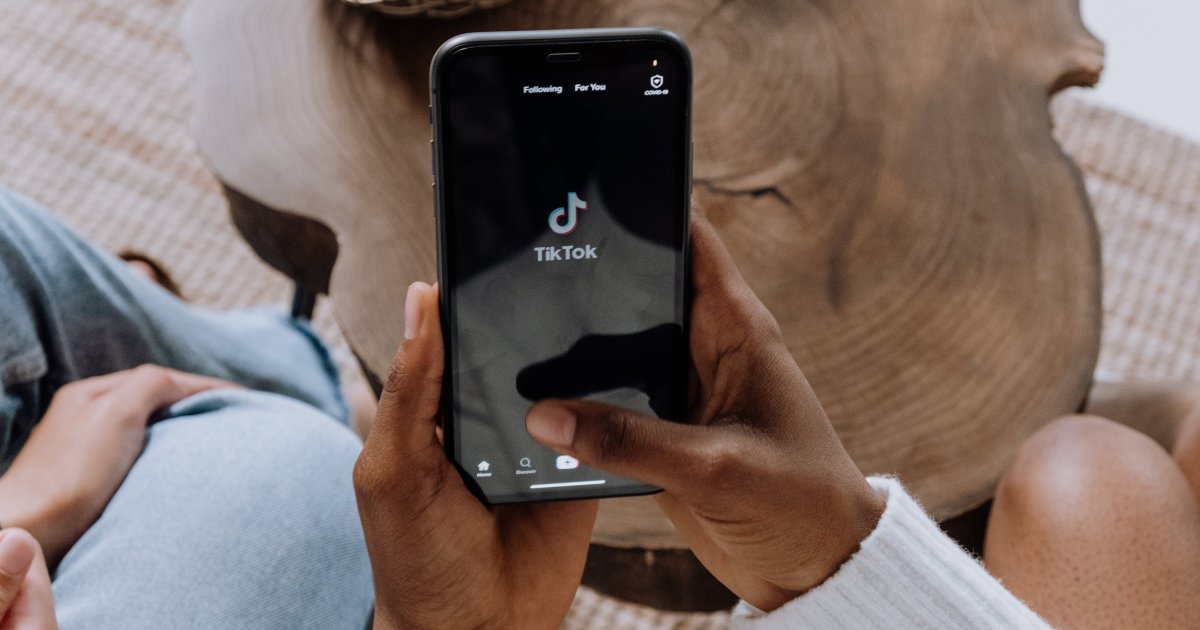The Race to Protect Brands on TikTok

By Mark Seavy
As online marketplaces have multiplied, so too has the potential for copyright and trademark violations. In many cases, the expansion of technology has outpaced marketplaces’ legal ability to monitor their platforms for counterfeit goods.
Amazon’s Brand Registry and Meta’s Brand Rights Protection for Facebook and Instagram were launched in 2017 and 2021, respectively, as means for digitally reporting copyright and trademark violations as well as for filing takedown notices. But several relative newcomers, like the TikTok Shop marketplace, don’t have the same extensive programs in place.
Part of the problem is that while Amazon and Meta have automated the process for filing takedown notices and can act within a day, TikTok so far has relied on email submissions that are reviewed by its legal department, licensing executives said.
In seeking to curb counterfeits, TikTok has assembled a dedicated team of IP attorneys that work with brands, a TikTok spokesperson said. It also has an IP Protection Center where IP owners can submit takedown notices and follow their progress. Merchants found to be selling counterfeit goods can be penalized or barred from the platform. Sellers may also be required to submit brand authorization for the products they carry or provide proof of listings’ authenticity, the spokesperson said.
“TikTok has more of an old-school approach where you write to them to express a trademark or copyright concern,” said Jed Ferdinand, Senior Managing Partner for Ferdinand IP Group, which represents a beauty brand. “Other more established platforms like Amazon or Meta have far more capability and automation built in, so the process with them is seamless and much more friendly from a brand and content standpoint.”
TikTok Shop, which features shoppable videos and live streams, had been tested in several Asian markets since November 2022 before it hit the U.S. market in September 2023. The marketplace has grown significantly since then, at a time when many eCommerce platforms (including fast fashion retailer Shein) have been the source of concerns about counterfeit goods. In 2024, TikTok Shop is forecast to generate about $20 billion in sales.
“While this seems like a promising integration of eCommerce and social media, it also brings to light a concerning issue—the proliferation of counterfeit products,” the Mathys & Squire law firm wrote in a blog post. “It’s important to understand challenges TikTok Shop faces with counterfeits and its implications on intellectual property (IP) rights.”
Much of TikTok Shop’s growth thus far is the result of sellers partnering with popular TikTok creators to market their products, counting on consumers’ relationship with (and trust in) the creators to encourage purchases. Other sellers may promote counterfeit goods through visually aesthetic but ultimately misleading videos. Posts exposing this method, dubbed #RepTok or Replica-Tok, have garnered 204.7 million views as of January 10.
One of the challenges facing TikTok is gathering the legal resources to review and enforce takedown requests given that attorneys are asked to compare IP owners’ photos with items found in the marketplace, industry executives said. It’s a herculean task and one that will require additional staffing and automation.
“It is confusing sales, hurting consumers, and is exactly what you don’t want as a brand owner or marketplace that is seeking fair competition,” Ferdinand said. “TikTok’s legal department has good people and their hearts [are] in the right place, but they just don’t have the resources right now. TikTok has an overwhelming amount of content and data, and they are a small legal department.”




